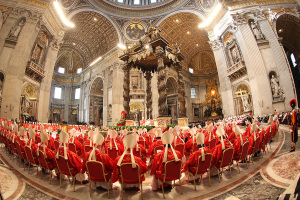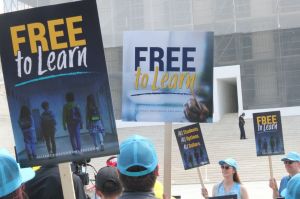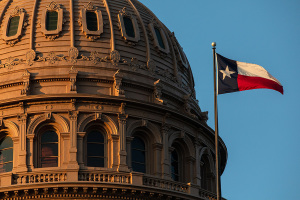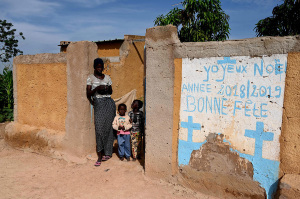PCUSA to Lay Off More Workers
The Presbyterian Church (U.S.A.) plans to cut more jobs and reduce budget for the next two years in the wake of economic woes and membership losses.
The board of the General Assembly Mission Council, based in Louisville, Ky., voted Friday for a total of 13 job cuts and mission budgets for 2013 and 2014 that "vividly portray the continuing decline in giving to the Presbyterian Church (U.S.A.)'s mission agency."
The council said in a statement that the budget it proposed eliminates 14 current positions "as part of the strategic realignment," and creates 18 new positions. But it also recommended elimination of 17 vacant positions, producing a net change of 13 positions overall.
Most of the staff slated to be laid off are based in Louisville and only few are in field work. However, they can apply for the new positions planned.
The council's workforce is now 308, about half what it was a decade ago.
The council proposed a budget of $81.5 million for 2013 – $7 million less than the 2012 budget of $89 million – and $78 million for 2014. It amounts to a reduction of almost $11 million over the two years.
"We were able to keep expenses low in 2011 due to a number of unfilled positions, and we expect to build on that with this budget by eliminating a number of those vacant positions and taking advantage of technology improvements," the council's chief financial officer, Joey Bailey, said, according to the Presbyterian News Service.
PC(USA)'s General Assembly is likely to approve the council's proposals this summer.
The council said the proposals were in line with the new vision, mission and directional goals of its 2013-2016 Mission Work Plan. "The plan builds upon the work of the previous Mission Work Plan by continuing a shift away from doing ministry on behalf of the church and toward inspiring, equipping and connecting the church for Christ's mission," Linda Valentine, the council's executive director, said.
Last May, PCUSA became the fourth Protestant denomination in America to give ordination rights to openly gay and lesbian clergy by ratifying a constitutional amendment. Months later, the denomination ordained its first openly gay minister in Madison, Wis. Dozens of congregations and individuals have parted ways with the denomination since then, and its current membership stands at about 2 million.





























